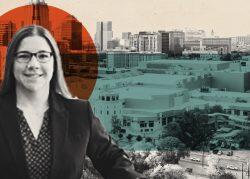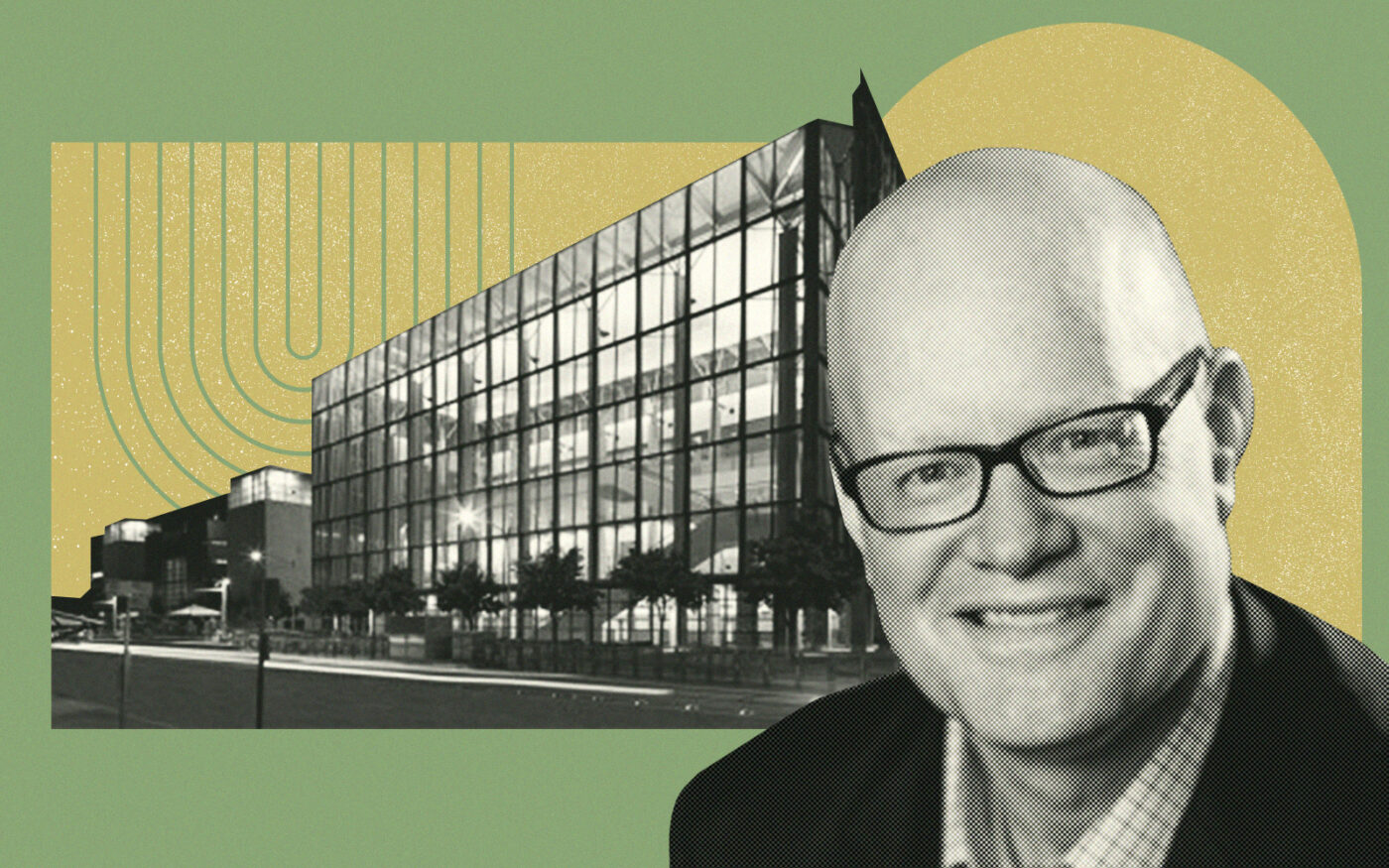Austin’s hospitality and tourism industries will face adversity with the scheduled demolition and replacement of the city’s convention center, but a proposed hotel fee could mitigate the impact.
The $1.6 billion redevelopment will result in the temporary loss of hundreds of thousands of square feet of conference space downtown until the new facility opens in 2029, the Austin Business Journal reported.
Industry advocates are pushing for a Tourism Public Improvement District, which would generate millions of dollars annually to boost city marketing, coordinate available hotel and venue space and attract large events to Austin. The district would be funded by a 2 percent nightly room fee imposed on hotels with at least 100 rooms across the city.
The tourism PID’s financial strategy is not just a short-term fix; it also aims to drive traffic to the new convention center once it opens. This initiative would help Austin compete with other major Texas cities like Dallas and San Antonio, which already have similar tourism districts.
“We’ll do much larger advertising campaigns than we’ve ever had before, in more markets year-round,” Tom Noonan, CEO of Visit Austin, told the outlet.
Noonan stressed the importance of promoting Austin during the convention center’s closure period, urging potential visitors to consider the city as a prime destination between 2025 and 2029.
Despite City Council approval in September, the tourism PID requires significant support from local hotels, per state law. Specifically, hotels representing 60 percent of the assessed value among eligible hotels, or hotels representing 60 percent of the total square footage, must agree. Over 40 hotels are currently on board, with another 23 pending approval, Noonan said. He expects the necessary support threshold to be met within four to six weeks.
If successful, advocates plan to seek final approval from the City Council this fall. The proposed 2 percent fee is expected to generate approximately $20 million annually. A board of hotel industry representatives would oversee the funds and spending plans. The fee would be added to hotel room rates before the 17 percent hotel-motel tax is applied.
The convention center is set to close on April 1, 2025, following the South by Southwest festival in March. The funds from the TPID are seen as crucial in supporting SXSW and other major events while the city temporarily lacks a primary convention center.
Upon completion, the new convention center is expected to boost Austin’s economy, increasing annual revenue from $468 million to over $750 million. The project will expand the convention center’s footprint and add substantial exhibit, meeting and ballroom space, as well as local art and dining areas.
—Quinn Donoghue
Read more


